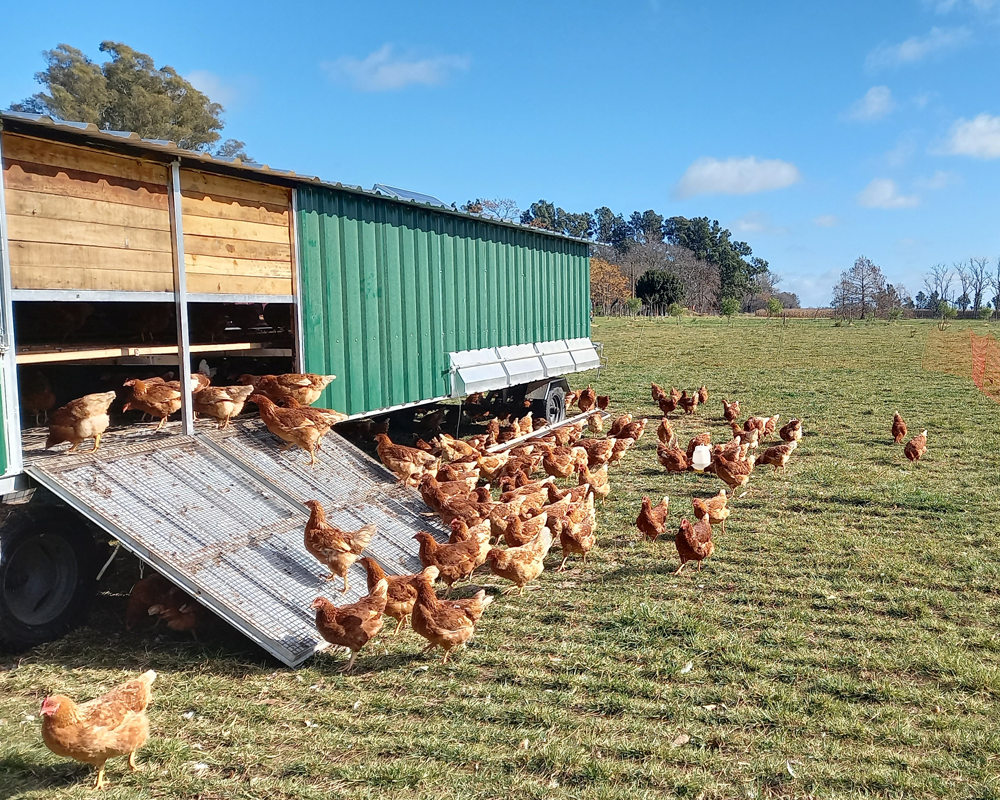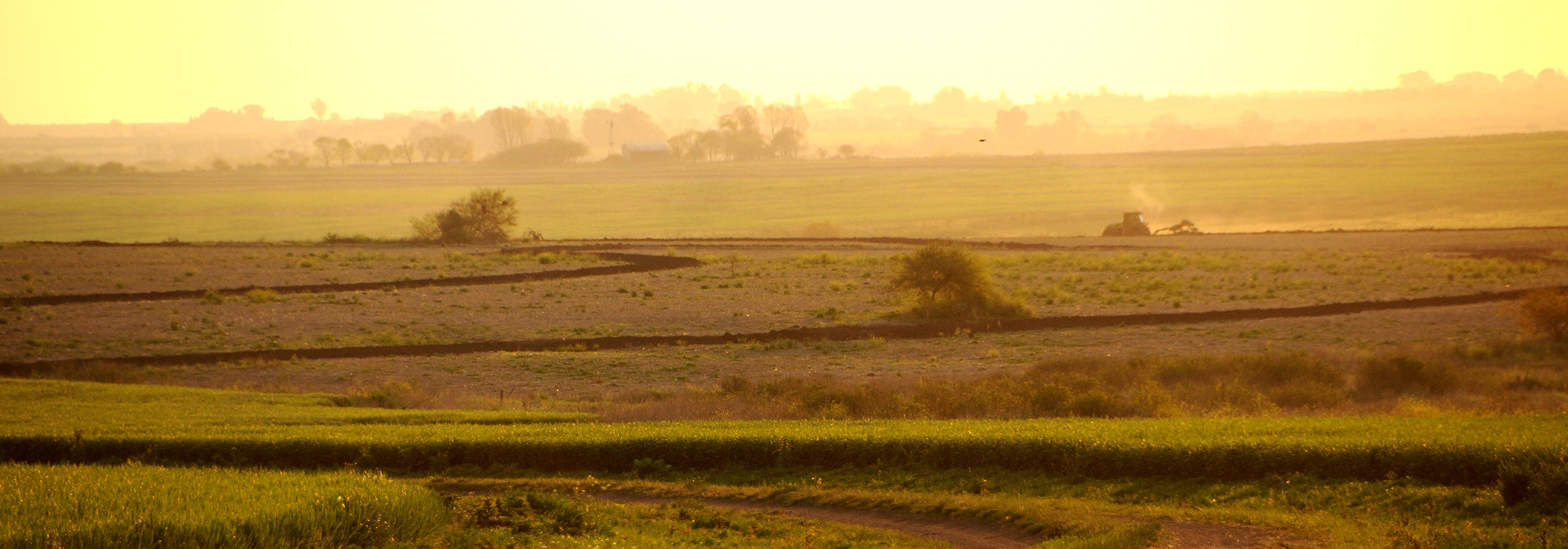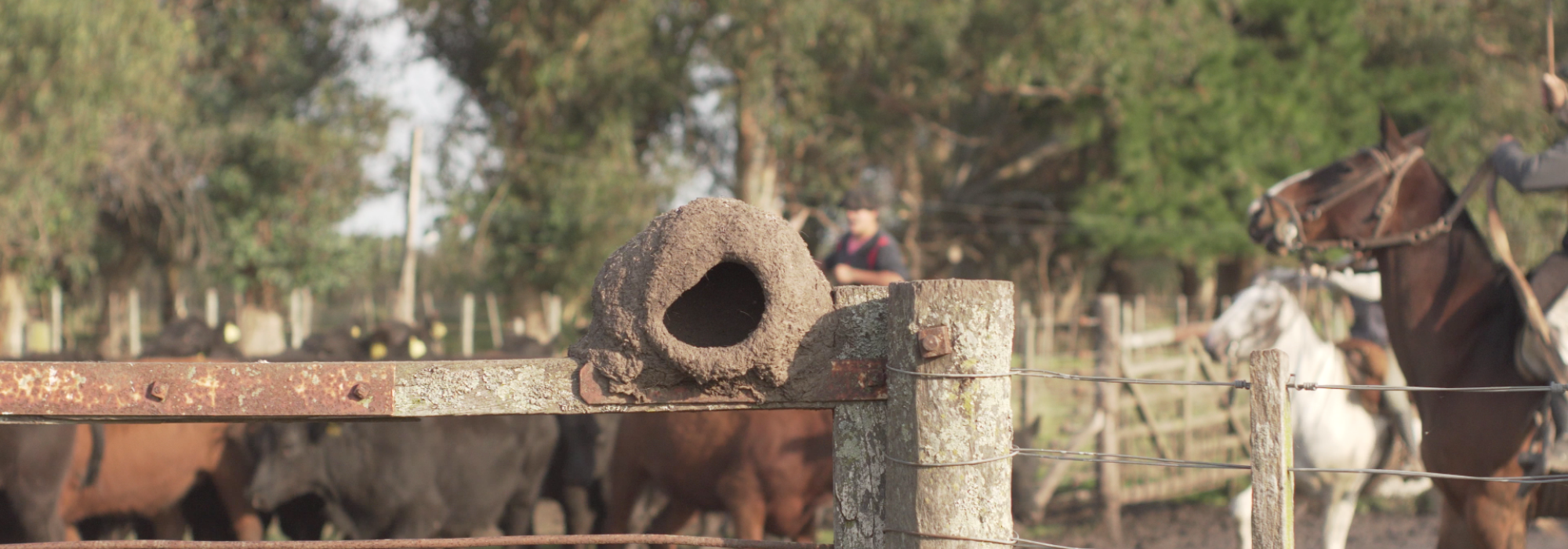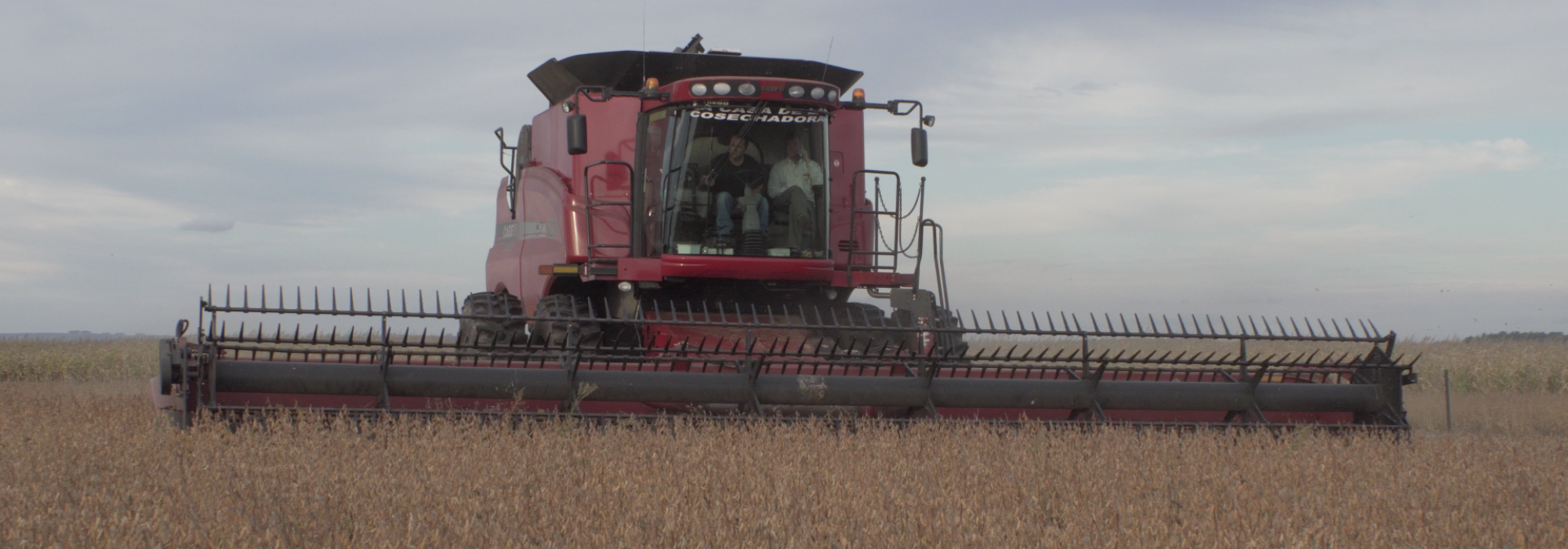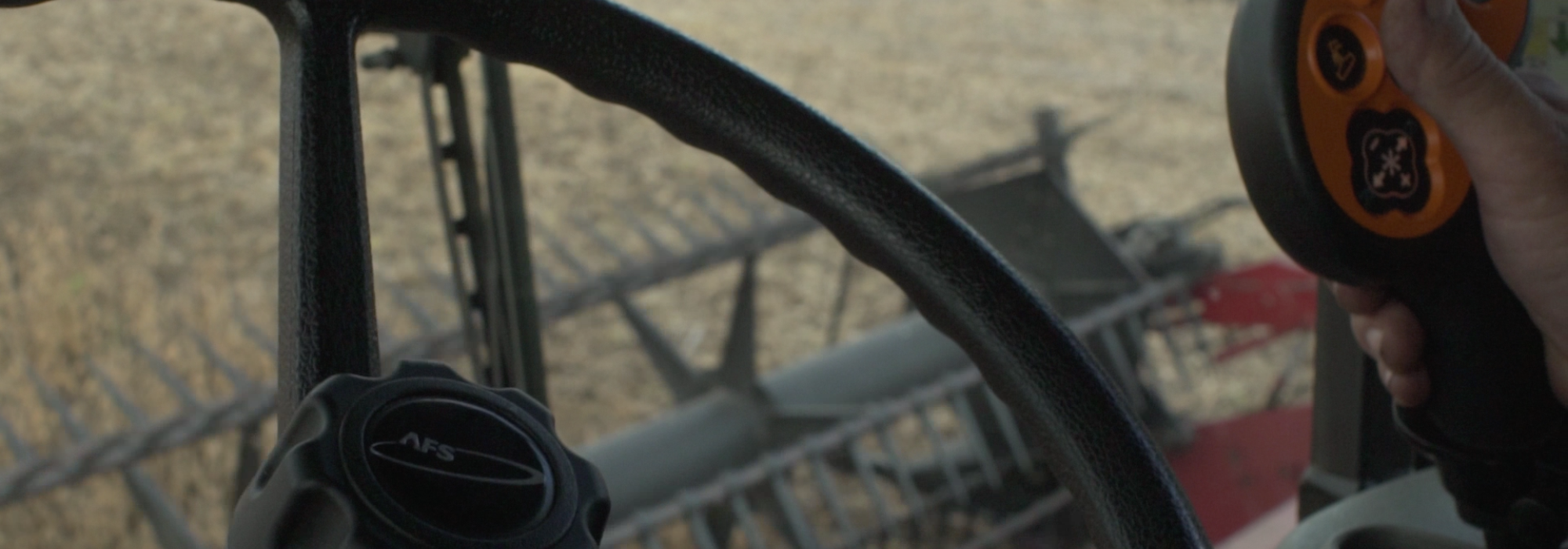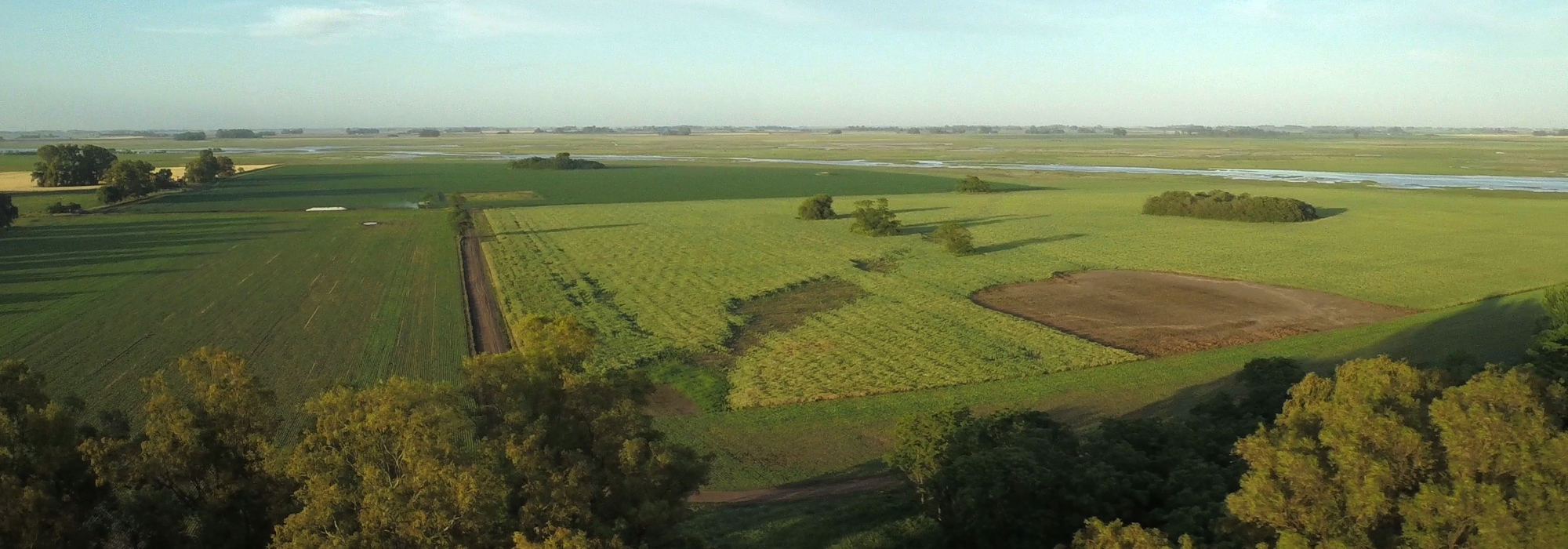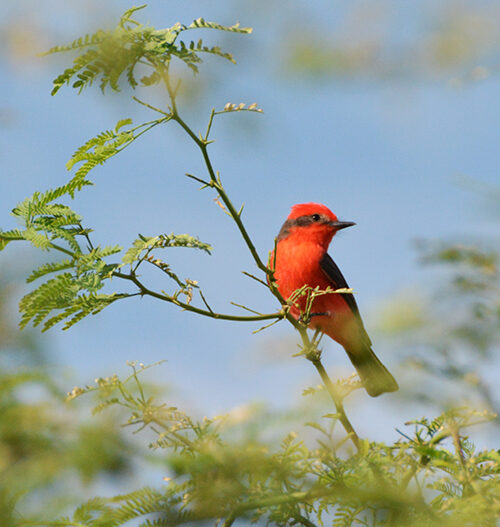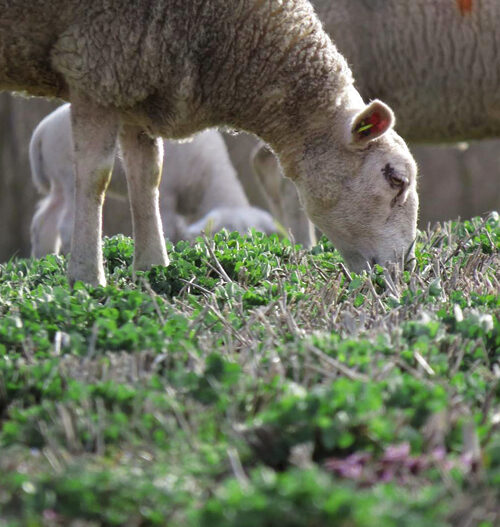Argentina
At the heart of the “pampa húmeda” (humid pampa), where some of Argentina’s most fertile realms stretches out, we manage ten farms. Our farms in Argentina are mainly arable, but we have some breathtaking pastorals as well.
Location
Our farms are dispersed in the northeastern part of Argentina, divided into three hubs named; Entre Rios, North East Buenos Aires, and South Buenos Aires.
Production
In Argentina we harvest corn, wheat, sunflower, barley, soya, peas, canola, grass seeds, sorghum and fodder.
And on our pastures, cattle, mostly Aberdeen Angus, roam free all year round. Yes, they are not only free-range but also solely grass-fed. The cattles’ role in increasing the pastures’ biodiversity cannot be understated.
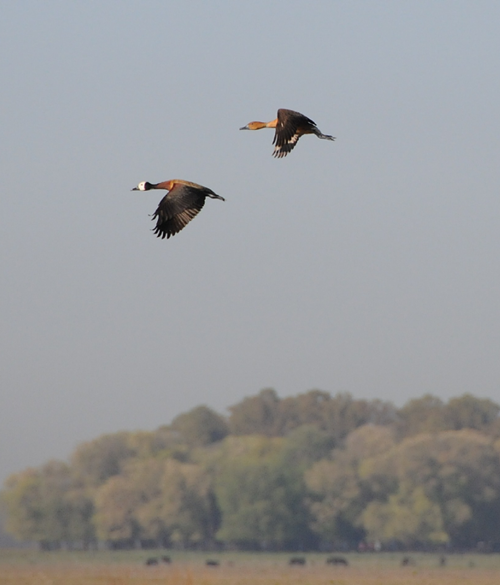
Certified Soya
We produce soya to the highest enviromental standards; we do not deforest land to produce crops, we minimise fertiliser and pesticide use, and use a no-till cropping system which builds soil carbon - reducing CO2 emissions. USA's Environmental Protection Agency certifies soya produced on farms that have not been deforested since 2007. Most of our farms in the North East Buenos Aires and Entre Rios hubs have obtained this certification in 2017. In 2018, our soya was also certified as “sustainable soya”, with its primary destination being the European Union.
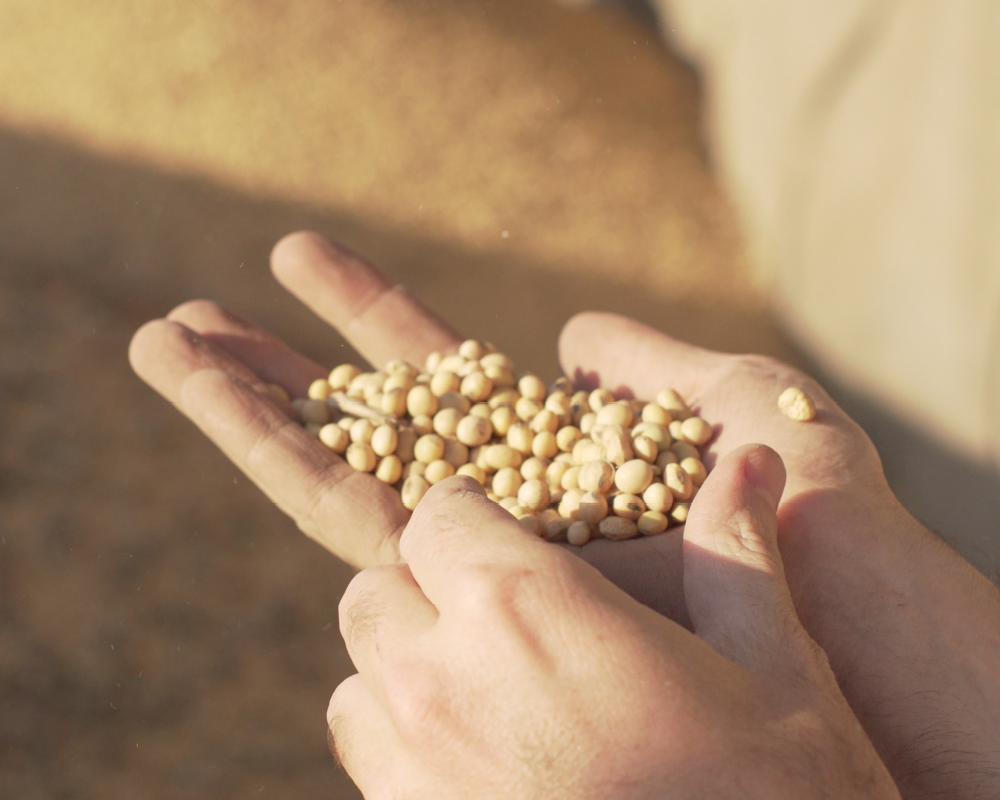
Sunflower
Compared to canola, sunflowers have a higher oil content, they require less fertiliser and have fewer diseases and problems with pests. Sunflowers are also a good competitor against weeds with their strong growth and well-developed root system
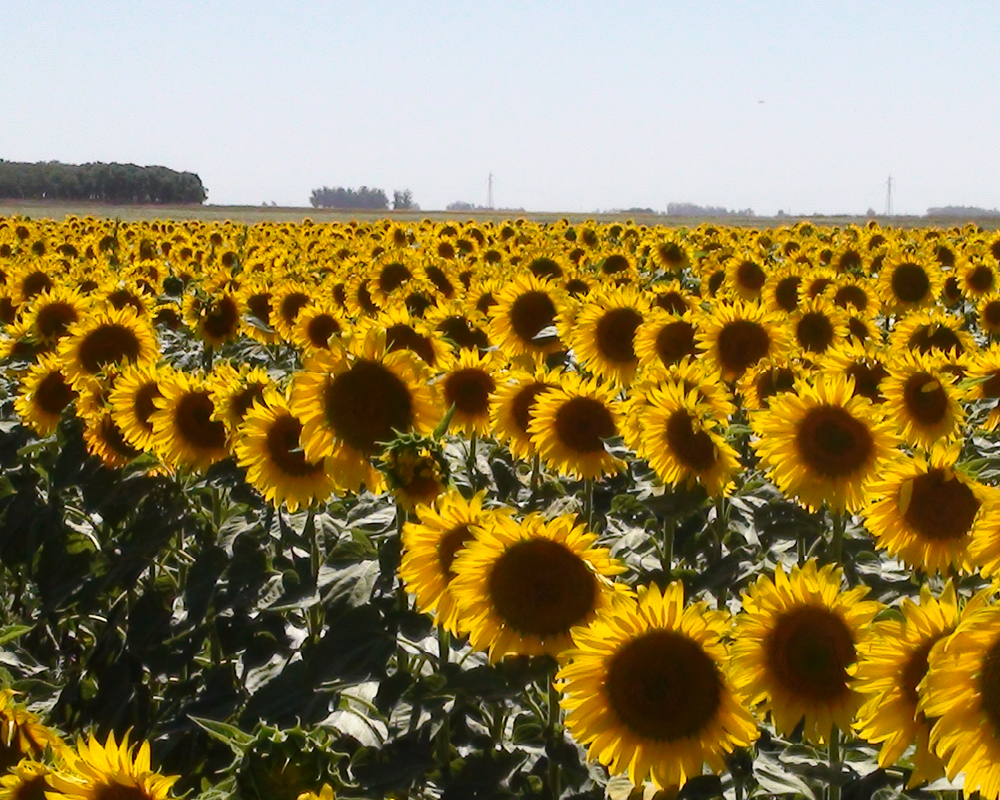
Eggs on wheels — a test project
Since it first arrived in July 2021, the 10-metres long and 2.5 metres-wide chicken coop on wheels render many curious questions from visitors to the San Ignacio farm in Northeast Buenos Aires Hub, Argentina.
